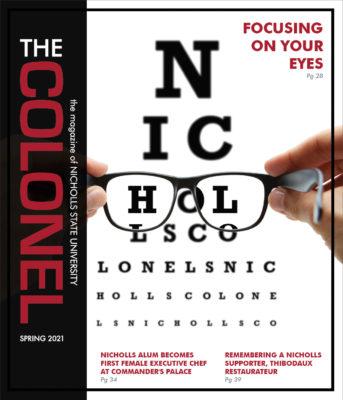Being Black In America
Black people in America represent a minority group that, dating back to slavery, has unique experiences of systematic racism, discrimination, and marginalization largely through U.S. legislation and policy.
Black Americans are discriminated against and subject to institutionalized racism in almost every aspect of society, such as the criminal justice system, labor and housing market and education. While Black Americans have made significant growth since slavery, there are still great disparities that continue to exist. For decades, research has shown that Black communities have disproportionately experienced mistreatment, abuse and racial bias at the hands of powerful social forces, especially in the criminal justice arena. Not only do Black Americans struggle with their own poverty, but their surrounding communities have fewer job opportunities, lower-performing schools, a lack of public housing assistance, higher crime rates and more public health problems.
Black people are arrested, sentenced and fatally shot by police at a higher rate than any other race. This means that children of color are not only more likely to lose a parent to the penal system, but they will also lose access to their resources and financial stability. Moreover, once labeled as a felon, the old forms of discrimination in employment, housing and education are surprisingly legal. Due to this experience, being Black in America is defined by the struggle for equality. Therefore, it is fair to assume that the Black communities provide some of the best evidence that we are not living in a post-racial society. The fight by communities of color to achieve freedom, equality and self-respect is as old as this country.
The experience of being Black in America is at the core of the #BlackLivesMatter movement. Media and lawmakers are forced to consider police brutality as a matter of racial injustice and systemic racism towards Black people. The movement was not created as a belief that Black lives are more important than other Americans, but that the lives of Black people have been historically mistreated and threatened. As a result, Black lives matter, too. All lives cannot truly matter until Black lives are included. Therefore, if, and only if, Black lives matter, then there is a lot of work to do. Change can only occur when those who benefit eradicate a system that privileges some while oppressing Black Americans. These issues and problems must be at the forefront and tackled with the truth.
"It is important that you do not remain silent and allow history to continue to repeat itself."
We live in a society where powerful stakeholders are unwilling to give up the financial benefit of locking up Black and brown bodies; where police officers falsely prejudge Black Americans as aggressive and hostile; where the government passes laws that punish Black people more severely; where Black people are swept into the criminal justice system by local police officers who conduct drug operations primarily in impoverished communities of color; where police officers are acquitted for killing unarmed Black people; where Black parents are teaching their kids about the nature of their social position and how their skin color unfairly marks them out to the criminal justice system.
Continuing to be colorblind hinders one’s ability to understand the injustices and problems faced by Black Americans. It has never been a secret that people of color are not treated fairly in our country. As a person of privilege, you have a responsibility to help other privileged people in your community understand the reality of being a Black American and denounce racial injustices. It is important that you do not remain silent and allow history to continue to repeat itself. You may not know what it is like to be Black in America, but you can use your privileged position. Support your Black friends, neighbors and students during this time of civil unrest. For those of us who are aware of the “system” and how it operates, we cannot afford to be silent. We must unite our voices. We must challenge racism, prejudice and bias in our home, our classroom and our community.
– Dr. Melinda Jefferson



